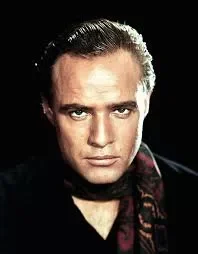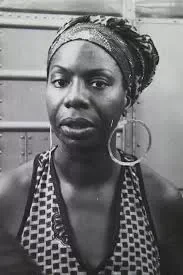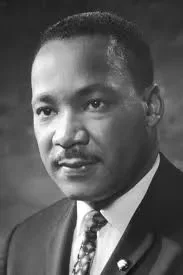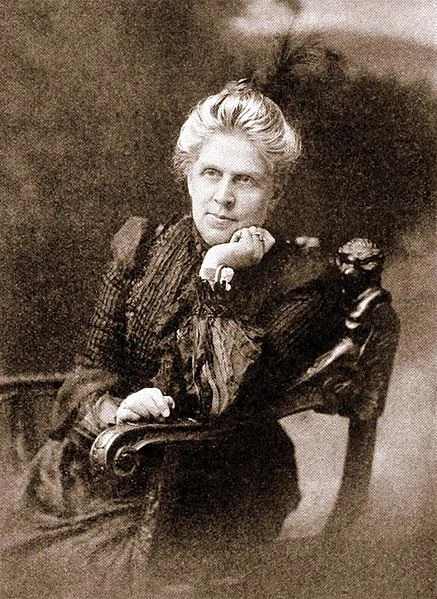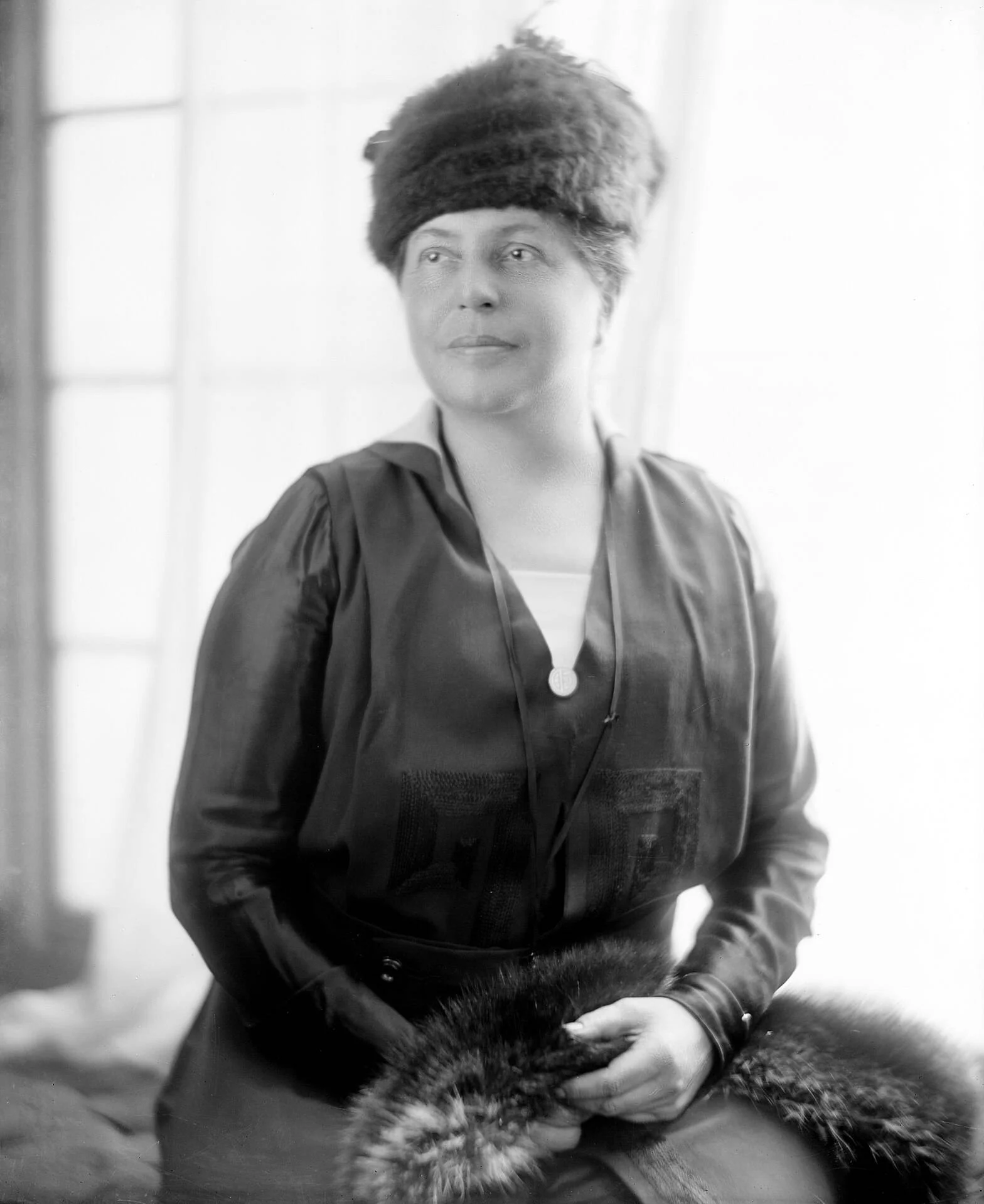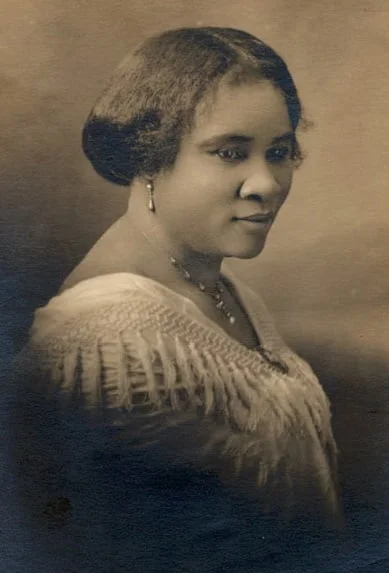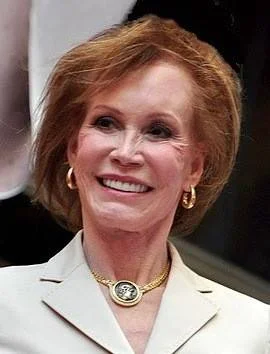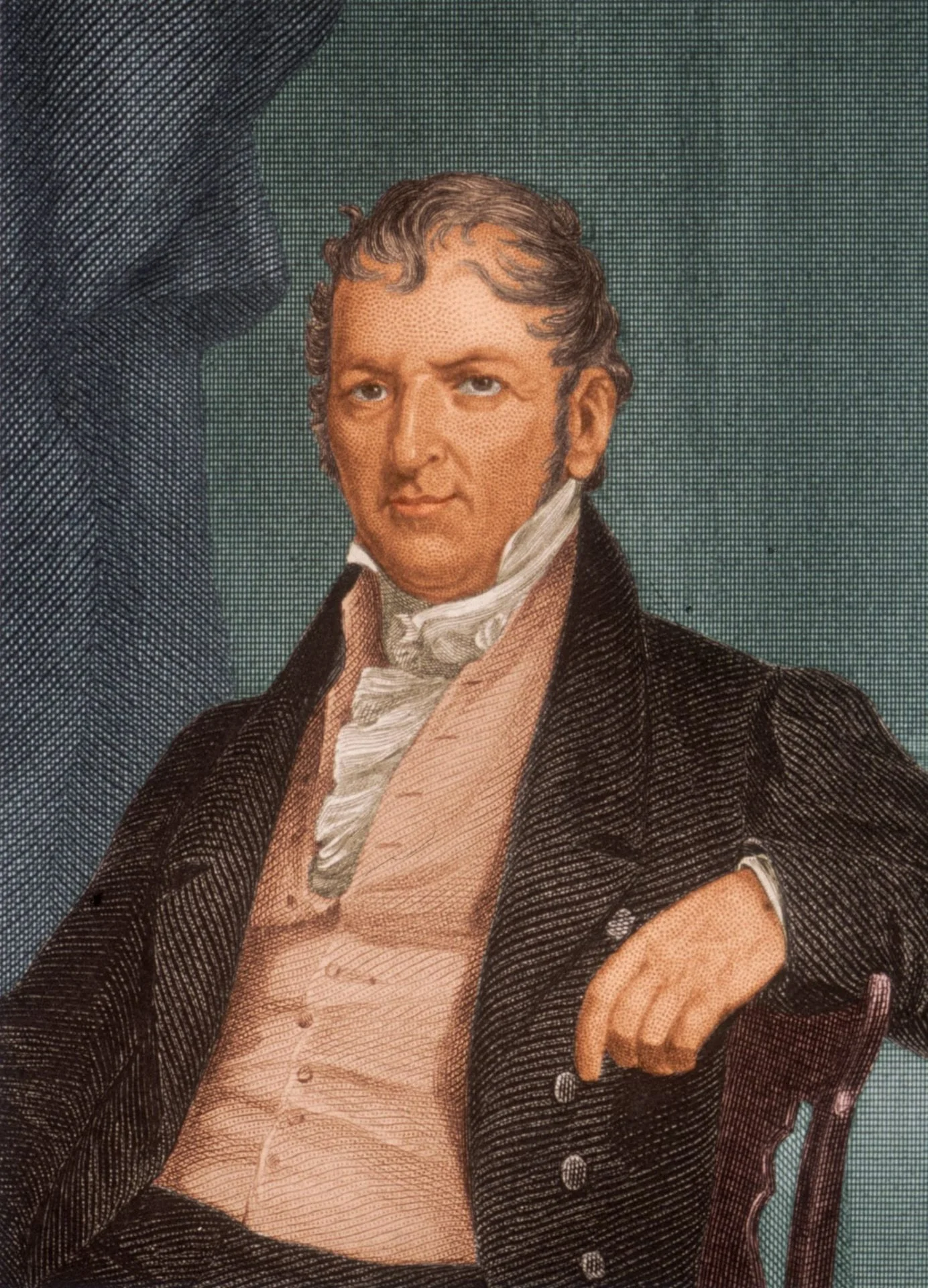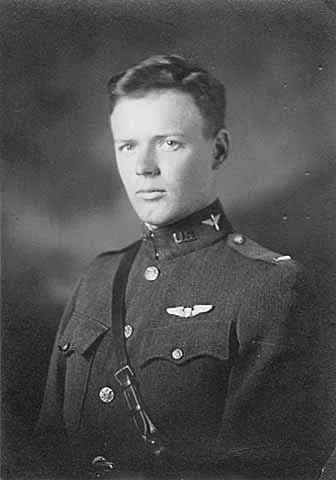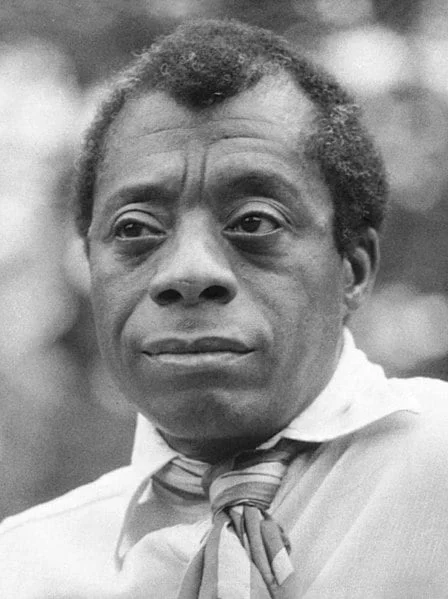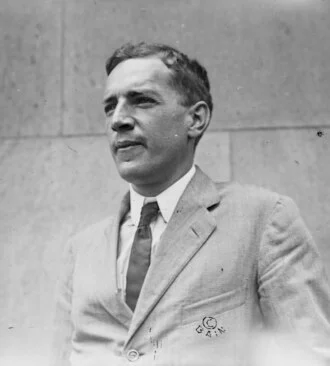Real Celebrities Never Die!
OR
Search For Past Celebrities Whose Birthday You Share
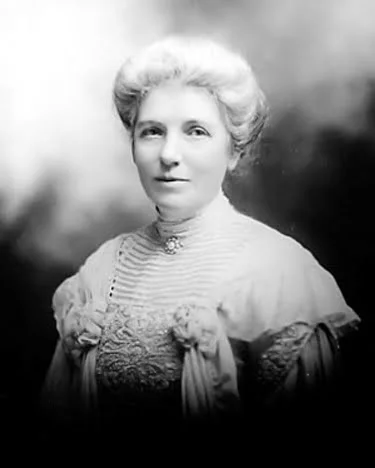
source:wikipedia.org/
Kate Sheppard
Birthday:
10 Mar, 1848
Date of Death:
13 Jul, 1934
Cause of death:
Unknown
Nationality:
New Zelander
Famous As:
Activist
Age at the time of death:
86
Kate Sheppard's Quote's
Early Life and Background
Kate Sheppard, a pivotal figure in the New Zealand women’s suffrage movement, was born on March 10, 1847, in Liverpool, England. Her family migrated to New Zealand when she was a child, settling in Christchurch. Growing up in the mid-19th century, Sheppard was exposed to the prevailing gender norms of the time, but her inquisitive and independent spirit laid the foundation for her future activism.
Family and Education
Kate Sheppard was the daughter of Andrew Wilson and Jemima Crawford Inglis. While her education was not extensive by modern standards, she developed a keen interest in literature and social issues. In 1869, she married Walter Allen Sheppard, a storekeeper, marking the beginning of her involvement in social and political causes.
Introduction to Women’s Suffrage
Sheppard’s interest in women’s suffrage emerged during the 1880s when she became involved in various women’s organizations. She recognized the inequality faced by women in New Zealand, especially regarding voting rights, and became a staunch advocate for women’s voices to be heard in matters of governance.
Leading the Suffrage Movement
Kate Sheppard played a key role in the women’s suffrage movement, culminating in New Zealand becoming the first self-governing nation to grant women the right to vote in 1893. Her persuasive skills and organizational efforts were critical in achieving this monumental victory, forever altering the country’s political landscape.
Involvement in Journalism and Advocacy
Beyond suffrage activism, Sheppard was also a journalist. She contributed to several publications, using her writing to advocate for social and political change. Her eloquent articulation of the principles of equality and justice solidified her status as a prominent public figure.
Balancing Family and Activism
Despite her public commitments, Sheppard valued her family life. She and her husband, Walter, had one son, Douglas, who became a respected professor. Sheppard successfully balanced her roles as wife, mother, and activist, defying societal expectations of women during her time.
Enduring Legacy and Commemoration
Kate Sheppard’s legacy extends far beyond her lifetime. New Zealand celebrates Kate Sheppard Day annually, and in 1993, she became the first woman featured on the country’s ten-dollar note. Her advocacy paved the way for future feminist movements and reinforced the importance of women’s participation in democratic processes.
Later Life and Continued Activism
After the success of the suffrage movement, Sheppard continued her activism, advocating for causes like workers’ rights and peace. She passed away on July 13, 1934, leaving behind a transformed nation shaped by her dedication to equality and justice.
Kate Sheppard’s life is a testament to the power of conviction and the ability of one individual to spark monumental change. From her beginnings in England to her role as a pioneering force in New Zealand’s suffrage movement, Sheppard exemplified the enduring impact of challenging the status quo for the greater good.
Name:
Kate Sheppard
Popular Name:
Kate Sheppard
Gender:
Female
Cause of Death:
Unknown
Spouse:
Place of Birth:
Liverpool, England
Place of Death:
Christchurch, New Zealand
Occupation / Profession:
Personality Type
Advocate: Quiet and mystical, yet very inspiring and tireless idealists. She was always willing to fight for her ideologies.
After the suffrage victory, Kate Sheppard continued her activism, advocating for various causes, including workers' rights and peace.
In 1993, Kate Sheppard became the first woman to be featured on a New Zealand banknote. Her image adorns the ten-dollar note, commemorating her historical role in achieving women's suffrage.
Sheppard played a pivotal role in the women's suffrage movement in New Zealand. Her efforts were crucial in achieving women's right to vote in 1893, making New Zealand the first self-governing nation to grant such rights.
A 2005 television show ranked Sheppard as the second most influential New Zealander of all time
Sheppard was the first president of the National Council of Women of New Zealand


